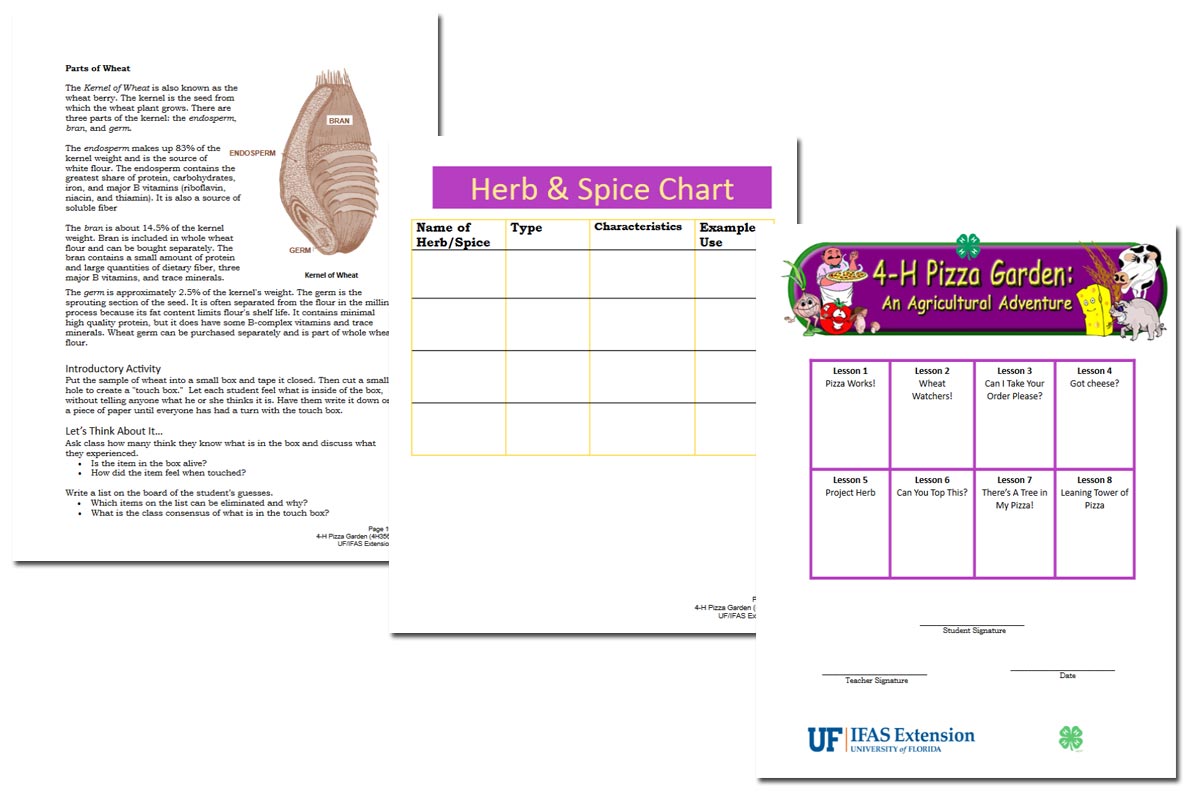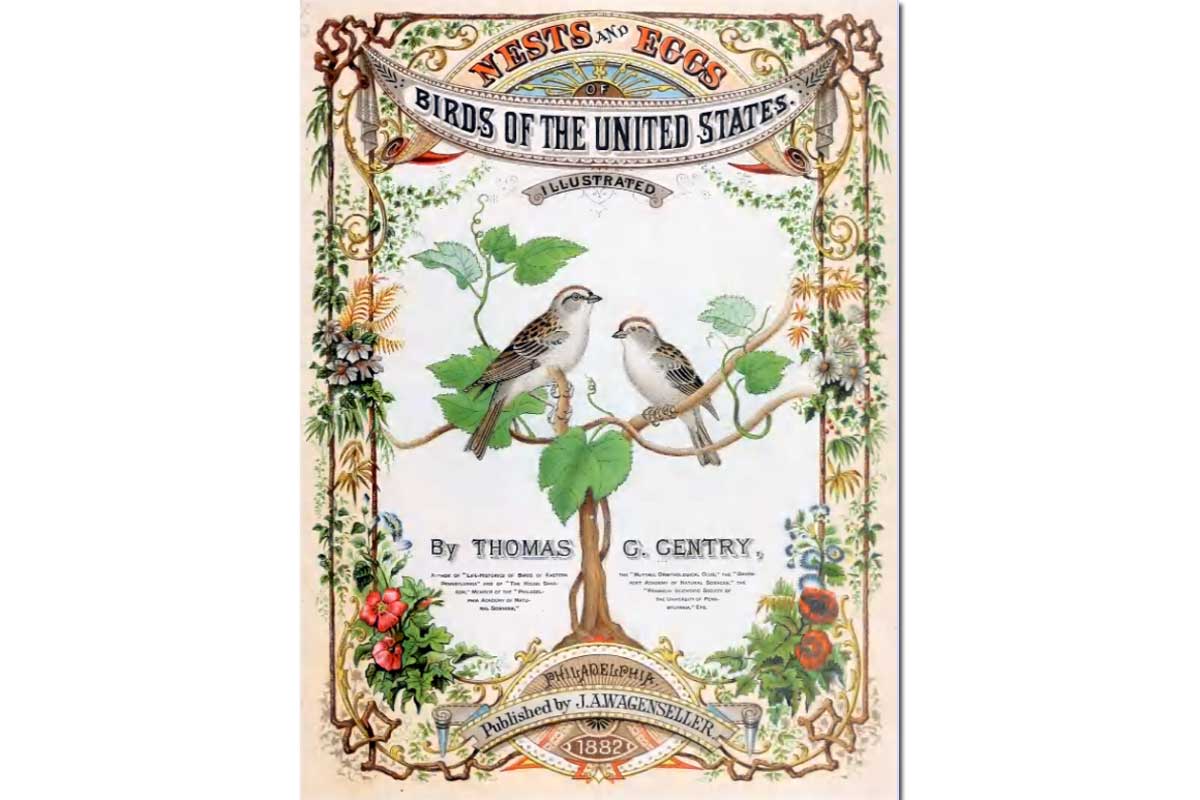
Poor William Archibald Spooner! Highly respected for his scholarship in philosophy, divinity, and ancient history and appreciated for his kind, dutiful manner — all we remember him for these days are his frequent slips of the tongue.
All About Spoonerisms

Archibald Spooner was an Anglican priest and Oxford don born on July 22, 1844.
Spooner’s name is the origin of the word spoonerism. A spoonerism is the transposition of the beginning letters or syllables of two words, resulting in a humorous effect.
By all accounts, Spooner committed these types of blunders quite frequently. While it is difficult to say which spoonerisms were uttered by the dean himself and which are apocryphal tales originating from Oxford myth, in one of Spooner’s sermons, he reportedly startled his listeners by stating, “The Lord is a shoving leopard” (loving shepherd). A speech praising British farmers characterized them as “tons of soil” (sons of toil).
Another infamous example is as follows:
Sir, you have tasted two whole worms; you have hissed all my mystery lectures and been caught fighting a liar in the quadrangle; you will leave by the next town drain.
Perhaps the only original spoonerism we can be sure of is the one that Spooner himself recalled in an interview shortly before his death: the old hymn “Kinkering Congs Their Titles Take” (“Conquering Kings Their Titles Take”).
Most spoonerisms are unintentional mistakes, perhaps occurring during a moment of nervousness. Although Spooner was physically frail and somewhat absent in manner, he was an extremely intelligent man—his momentary lapses were likely owing to the fact that his mind could readily outrun his tongue.
More Wordplay Named for Famous People
Here are a few more fun and famous twists of phrase that take their name from real and fictional people:
Dogberryism
A less common term for malapropism, which is the erroneous substitution of a similar-sounding word, creating a ludicrous effect. Named for Constable Dogberry, a character from Shakespeare’s Much Ado About Nothing. Example: “Our watch, my lord, have indeed comprehended two aspicious persons….”
Malapropism
An erroneous substitution of a similar-sounding word, creating a ludicrous effect. Named for the fictional character Mrs. Malaprop, created by Richard Sheridan. Example: “She’s as headstrong as an allegory on the banks of the Nile.”
Mondegreen
A misinterpretation of something heard, usually a song lyric or poem verse. Named for Lady Mondegreen, who never existed except in the minds of those who did not properly hear the phrase “laid him on the green” from an old Scottish ballad. Example: “Sleep in heavenly peas.”
Tom Swifty
A type of wordplay that pairs a quotation with a fitting adverb for humorous effect. Named for the fictional character Tom Swift, who by all appearances could rarely speak without the aid of an adverb. Example: “‘I’m no good at playing darts,’ Tom said aimlessly.”
Wellerism
A contrast drawn by pairing a quotation with a facetious sequel. Named for Cockney wag Sam Weller from The Pickwick Papers by Charles Dickens. Example: “Sorry to do anythin’ as may cause an interruption to such wery pleasant proceedin’s, as the king said wen he dissolved the parliament.”
Yogi-ism
A slip of the tongue that results in a witty saying. Named for baseball player Yogi Berra, famous for his quips. Example: “When you come to a fork in the road, take it.”
Other Types of Wordplay
Looking for more fun ways to play with words (intentional or not)? Expand your repertoire with a few that aren’t -isms:
- Alliteration. A series of words in a row starting with the same consonant sound. Example: “Peter Piper picked a peck of pickled peppers.”
- Anagram. The formation of a word or phrase by scrambling the letters of another word or phrase. Example: debit card = bad credit.
- Bathos. In the wordplay sense, an abrupt anticlimax. Example: “The summer vacation was packed with the stuff of dreams—mountains, beaches, picturesque cabins, and two flat tires.”
- Blend. The combination of two words to form a single new word, synonymous with portmanteau in this context. Example: Labrador Retriever + Poodle = Labradoodle.
- Crash blossom. A headline rendered ambiguous through improper punctuation or poor wording. This term originally came from a confusing headline in a Japanese paper titled “Violinist linked to JAL crash blossoms.” Example: “Red Tape Holds Up New Bridge.”
- Eggcorn. A familiar word or phrase incorrectly substituted for another, but with some plausibility; sort of a logical malapropism. Named for the mistake of using the supposed word eggcorn in place of acorn. Example: “all intensive purposes.”
- Lipogram. A piece of writing, usually at least one sentence long and often longer, that deliberately avoids the use of a predetermined letter of the alphabet. For instance, if you decided to write an entire paragraph without using the letter t.
- Mnemonic. Any type of memory aid. Songs, acronyms, and silly phrases all make excellent mnemonics. Example: “righty tighty, lefty loosey.”
- Neologism. A new word that has not yet been generally accepted in common usage. Selfie was an example of a neologism until about 2012, even though the word first appeared in print in 2002.
- Onomatopoeia. A word that is derived through the imitation of a sound. Examples: oink, bang, zoom.
- Oxymoron. A self-contradictory word or phrase. Oxymoron comes from the Greek words oxys, meaning “sharp,” and moronos, meaning “dull.” Example: “sweet sorrow.”
- Palindrome. A word or phrase that reads the same forward and backward. Example: “A man, a plan, a canal—Panama!”
- Pangram. A sentence using every letter in the alphabet. Example: “The quick brown fox jumped over the lazy dog.”
- Portmanteau. The combination of two words to form a single new word. This term was coined by Lewis Carroll. Example: lithe + slimy = slithy.
- Pun. A witty play on words that creates a humorous effect by referencing either two meanings of a single word or two words that sound the same but have different meanings. Example: “The population of Ireland is always Dublin.”
- Tongue twister. A phrase that is difficult to say rapidly, usually because of repeating or similar consonant sounds. Example: “She sells seashells by the seashore.”
Suggestions
- Rewrite the infamous quote above as it should have been said.
- What do these phrases commonly ascribed to Archibald Spooner really mean?
- Blushing crow.
- Half-warmed fish.
- Find a sentence from a favorite fairy tale and rewrite it using spoonerism.
- Create an example of each of the other forms of wordplay listed above.
- Use Drawing and Writing paper to illustrate your favorite example of wordplay.
Further Investigation
Spoonerisms
Engines of Our Ingenuity with a brief look and bio.
Activities
Turn these phrases into spoonerisms:
Doing the Days by Lorraine M. Dahlstrom
hot summer day;
jump in a pool;
drink lemonade;
ride a bike.
Books

The Worst Jokes I Know and I Know a Lot!
We wrote the foreword for this one, which includes a variety of wordplay. Read our full review.
Lesson Plans & Unit Studies
Decoding and Writing a Play Using Spoonerisms
Lesson plan from PBS.
Notebooking Pages
Spoonerism Notebooking Pages
Simple pages for copywork, narrations, and wrapping up.










You must be logged in to post a comment.